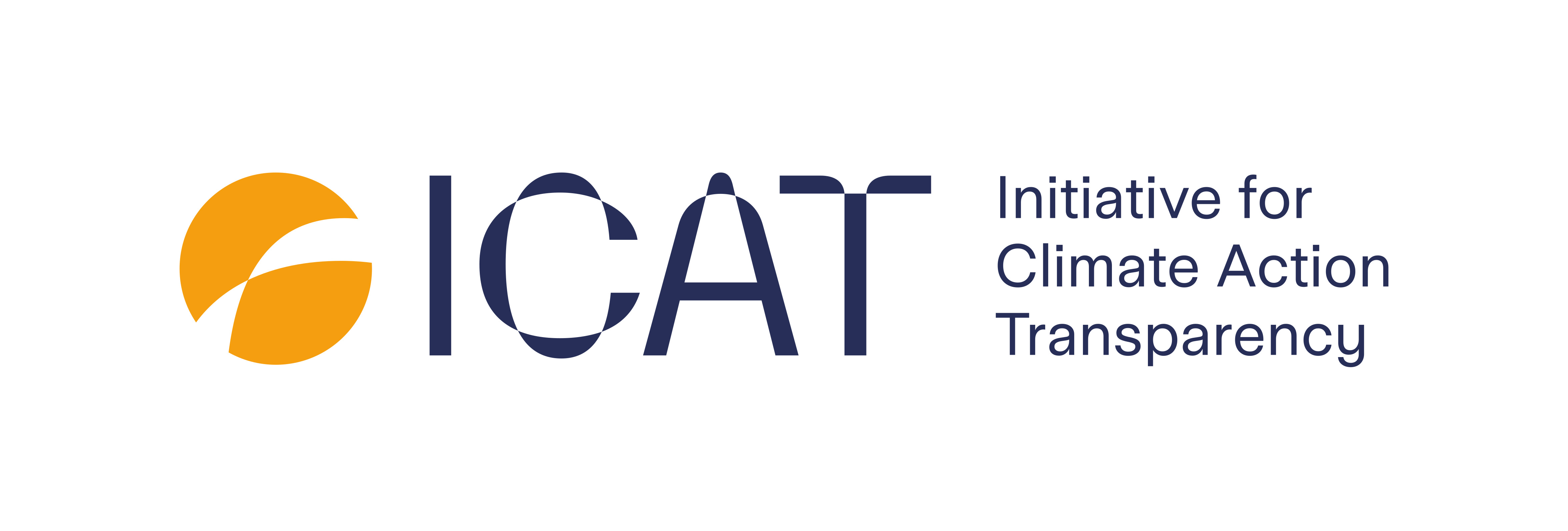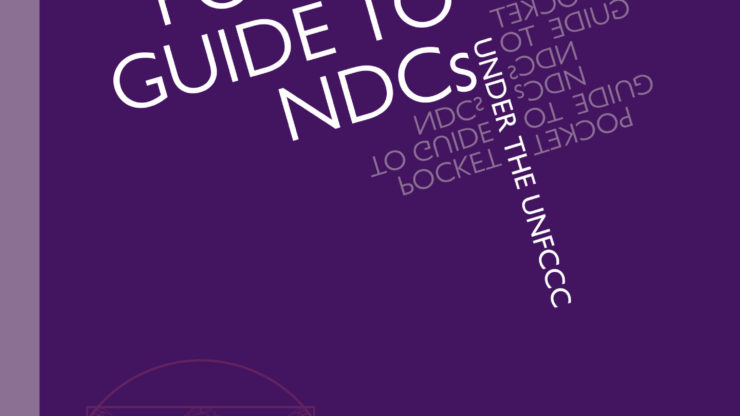Last week, the Chinese team organized its first workshop under the Initiative for Climate Action Transparency (ICAT) project, looking at the challenges in the IPCC 2006 inventory guidelines.
The workshop aimed at developing concrete recommendations to the Department of Climate Change, to better prepare for the implementation of the new transparency rules under the Paris Agreement. At the workshop, Madam Ding Ding, a senior official from the DCC, welcomed the timely support from the ICAT project and considered detailed and accurate data on GHG emissions important for both compliance with international rules and domestic mitigation action planning and policy making.
In the workshop, international experts shared experiences from other countries on climate action transparency. Other participants included Chinese inventory experts, the ICAT Secretariat, and climate officials from the Chinese Ministry of Ecology and Environment.
As well as being an overall introduction to the requirements of the Paris Agreement and the challenges of the IPCC 2006 inventory guidelines, the workshop also dealt with specific technical issues in sectors such as industry, waste and land use, land use change and forestry.
A broad approach to transparency
China joined the ICAT project in 2019 and has since launched a transparency capacity building program supported by the Italian government.
With the support of ICAT, China has carried out gap analysis of the inventory guideline updates, focusing on the transition of the inventory guidelines from IPCC 1996 to IPCC 2006, including the identification of new emission sources, data collection mechanisms that need to be established and possible emission factor updates.
During the past year, Chinese inventory experts in various fields, together with experts from UNEP DTU Partnership and the Italian National Institute of Environmental Protection and Research (ISPRA), have drafted four reports, on how to improve climate action data transparency in China and reporting under the Paris Agreement guidelines.
ICAT is supported by the German Federal Ministry for the Environment, Nature Conservation and Nuclear Safety, the Children´s Investment Fund Foundation (CIFF), the Italian Ministry for Environment, Land and Sea Protection, and Climate Works.



